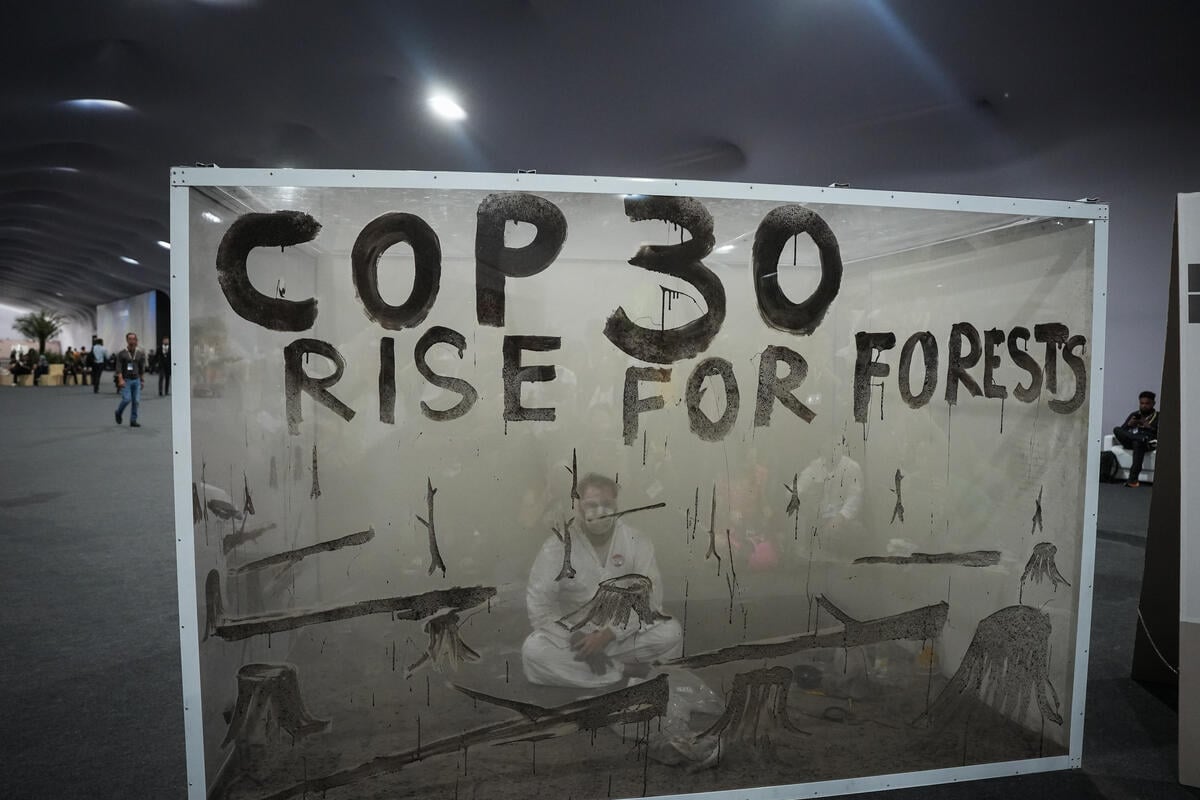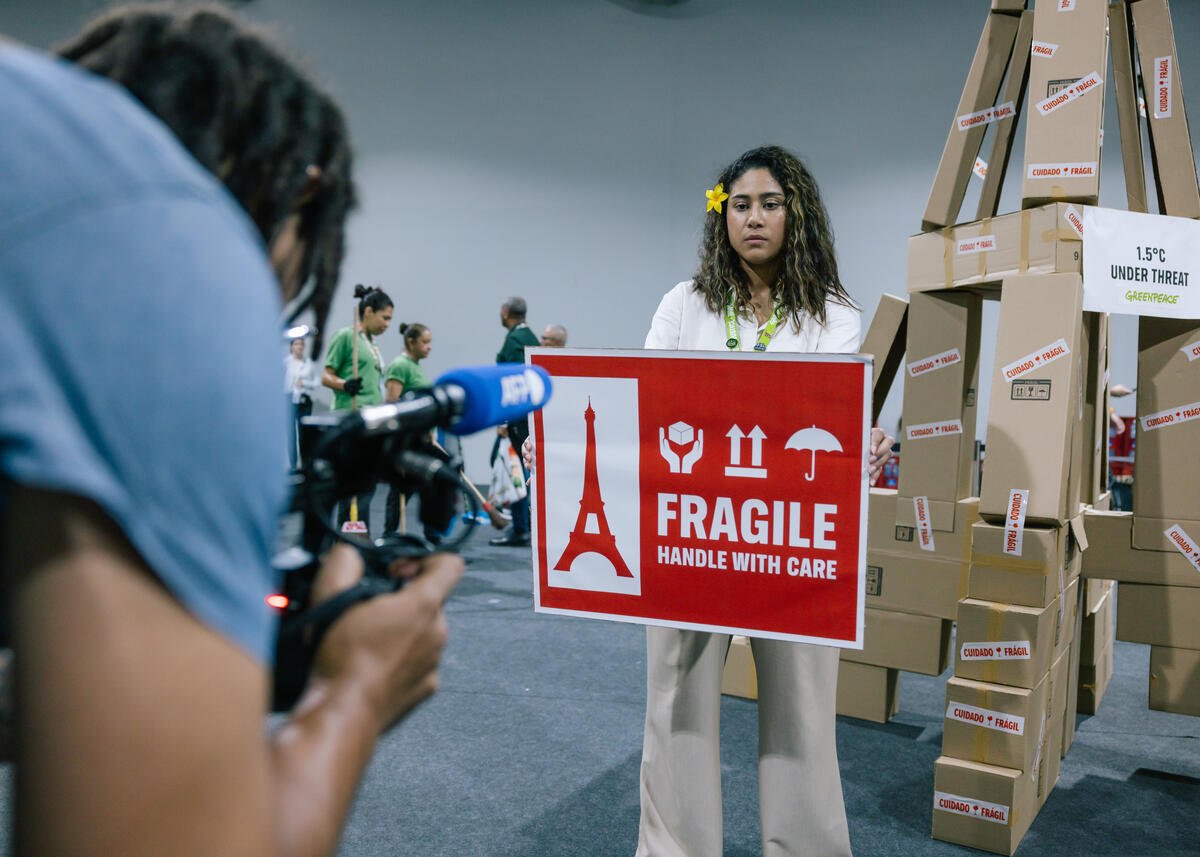Another set of hollow pledges for change. More greenwashing. This is what The Roadmap to 1.5, launched at COP27, facilitated by Tropical Forest Alliance and signed onto by global corporate agribusiness is.
Most of these companies have already established targets to end deforestation and have failed to deliver repeatedly. The only thing that has changed with this new roadmap is the “end date”. It also completely omits the human rights abuse and labor violations that are intrinsically tied to the commodities trade. Effectively, this roadmap is a way for companies to buy themselves time while continuing to profit despite destruction and human rights abuse in the industry.
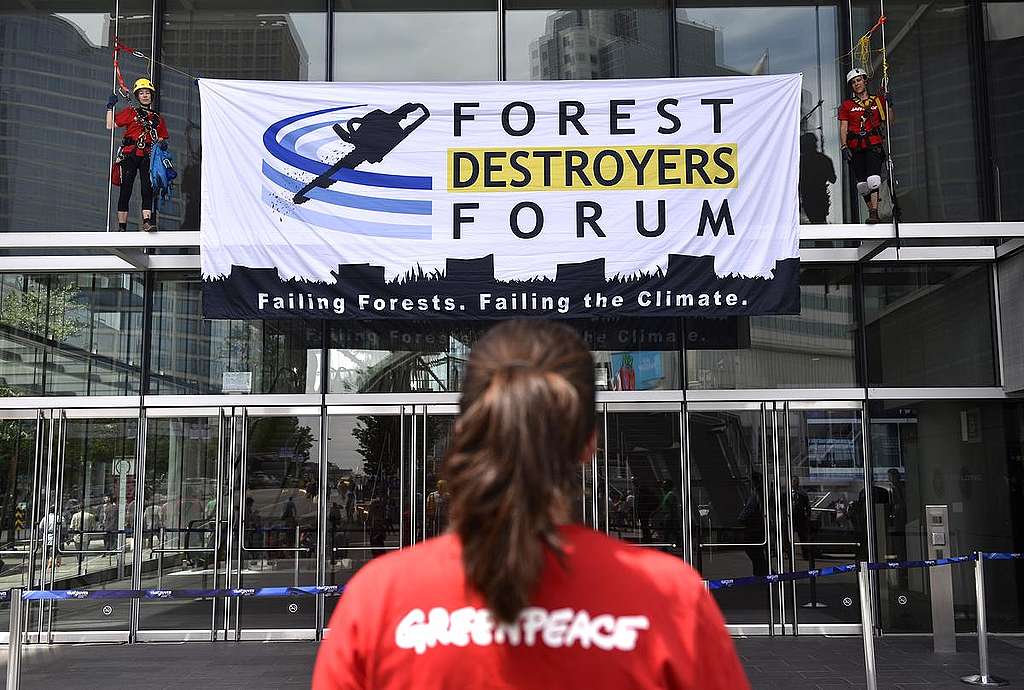
For example, JBS and Marfrig committed to end deforestation in the Amazon across their full supply chains – both direct and indirect suppliers of cattle – by 2011. As signatories to the New York Declaration on Forests (2014), Cargill, Gar, Musim Mas and Wilmar committed to end commodity-driven deforestation by 2020. They all failed to deliver on these commitments to eliminate deforestation. Cargill also signed up to the Consumer Goods Forum (2010) and grossly failed to meet its commitments to stop deforestation by 2020.
In 2018, Wilmar, the world’s largest palm oil trader, agreed to immediately suspend suppliers (indirect and direct) for any active deforestation and any deforestation after 2015 was deemed non-compliant with its no deforestation commitment. Yet again, the palm oil trader failed to adhere to its deadlines and commitments.
And look at soy. While the soya moratorium, first established in 2006, has prevented traders from buying soya grown in areas in the Brazilian Amazon deforested after 2008, traders have not evolved the initiative to apply to all ecosystems, despite soya being a key driver of destruction in the Cerrado or the Great Chaco. The industry also gives itself another three years at least to continue purchasing from illegal sources and driving deforestation across South America and beyond, as it sets a 2025 target.
Despite UN Secretary-General Guiterres saying at COP27 “We are on a highway to climate hell with our foot still on the accelerator,…” these companies continue to delay action with this hollow pledge and effectively confirm that they will continue to profit from nature’s destruction for years to come. Many of them have seen record-breaking profits in the face of food insecurity, conflict and the global climate crisis.
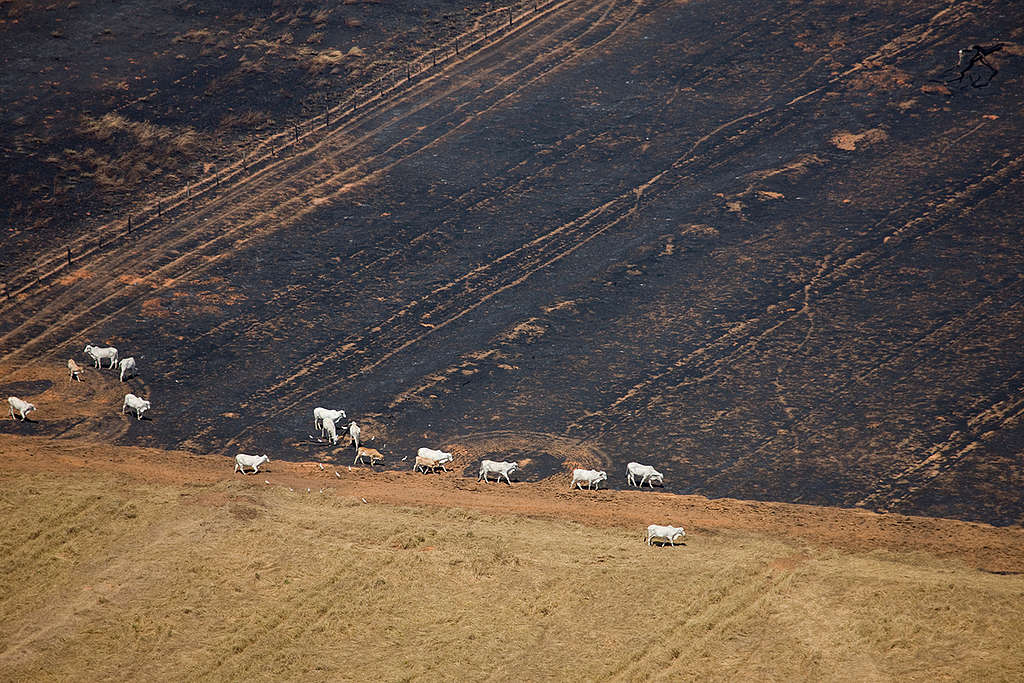
We don’t need a new target. We need these industrial agricultural producers and traders to honor their original commitments and begin to reverse the damage they have done. Companies need to halt expansion, ending all further natural ecosystem destruction for industrial agriculture, with a cut-off date no later than December, 31st, 2019, as it had previously been agreed to. They need to prevent the omission of deforestation and ecosystem destruction that occurred in the past and align with existing global commitments to halt deforestation – just as the European Parliament proposed a cut-off date for the EU regulation on deforestation-free products – while pre-existing commitments with earlier cut-off dates are maintained. Agribusiness cannot continue kicking cut-off dates or baseline targets past 2020.
This means immediately suspending all forest and ecosystem destroyers, establishing full supply chain transparency and traceability, application of criteria across the entire corporate group, and establishing concrete steps towards remediation plans for forest loss due to inaction. None of these we find in the roadmap. This also means respecting and upholding human rights, notably the rights of Indigenous Peoples, traditional communities and land defenders.
To achieve no deforestation we need these corporate groups to finance forest protection in the landscapes they source from, in particular with small farmers and communities. Any financing or funds set up for remediation or restoration to address their legacy of destruction cannot be tied to carbon market schemes and all forms of carbon credits or any future claims to net zero deforestation.
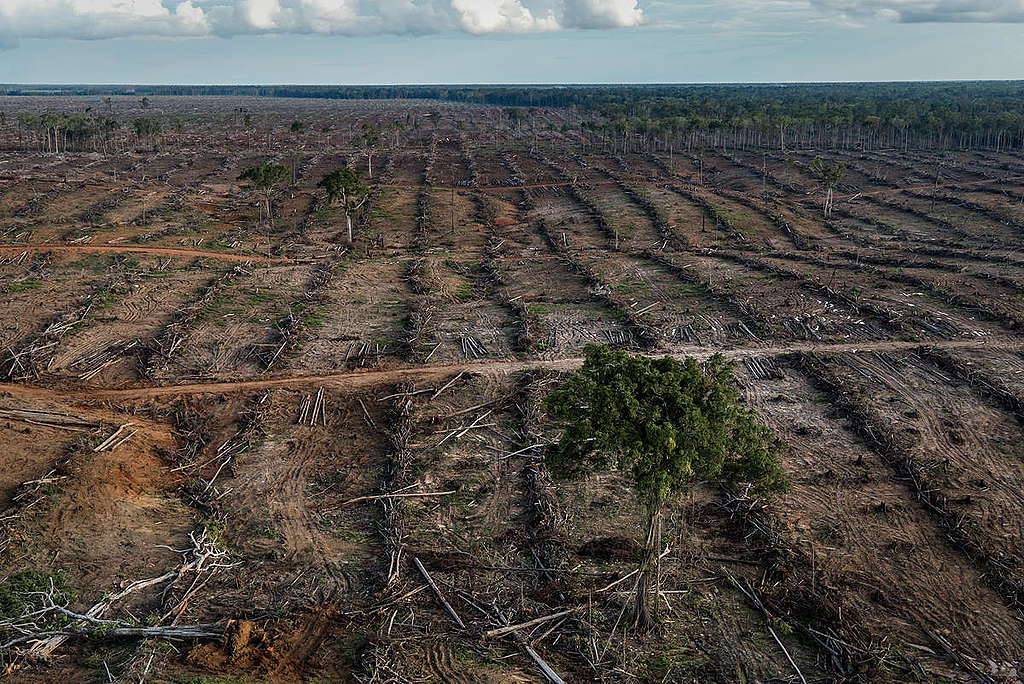
Agricultural commodity traders and producers cannot ignore the impact of commodity production in countries such as Argentina, Brazil, Cameroon and Indonesia where corruption or state capture is the norm. Even where Indigenous and traditional communities’ land rights are formally recognized, these are frequently violated by illegal or state-sanctioned extractive projects and by land grabbing. This can include forcible displacement of Indigenous People and traditional communities. Moreover, land and environmental defenders face death threats, harassment, and state forms of criminalization, murder and even genocide, in the case of Indigenous Peoples.
The pathway for really contributing to reductions of emissions from the sector goes further than avoiding conversion of natural ecosystems. Preventing climate and ecological breakdown will require transformative changes to the way forests are managed and agricultural commodities are produced. This includes concrete milestones for ecosystem protection and restoration (with a bill paid by companies that profited from their broken promises), reduction of demand for deforestation driving commodities – particularly through the reduction of industrial meat in countries of high-level of consumption, the phasing out of crop-based biofuels and bioplastics and a just transition to resilient food systems that adhere to the principles of ecological agriculture.

